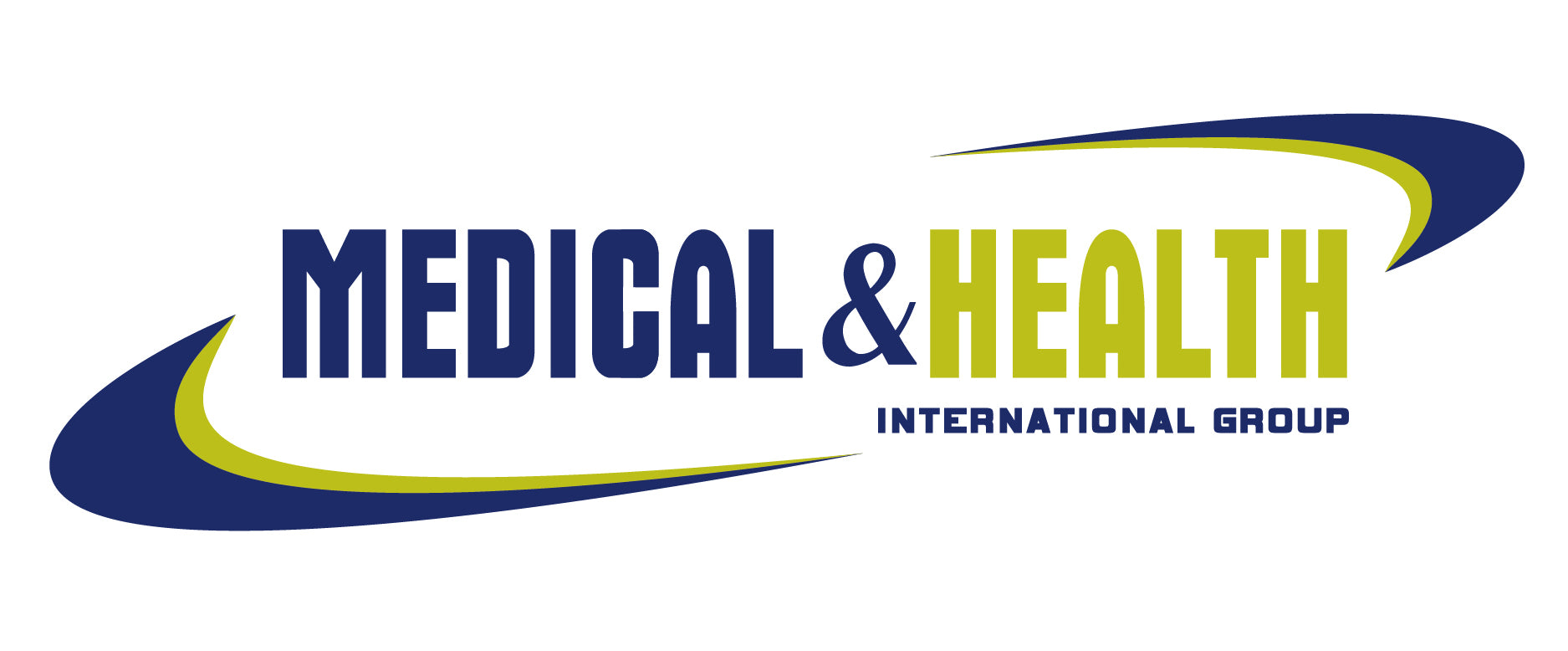
Resveratrol, a natural compound found in certain plants, has attracted considerable attention in recent years due to its potential health benefits. This antioxidant compound, primarily found in grapes, berries, and red wine, has been the subject of numerous scientific studies exploring its effects on various aspects of human health and well-being.
Promoting Heart Health:
Resveratrol has been linked to cardiovascular health benefits. Studies suggest that it may help reduce the risk of heart disease by lowering blood pressure, preventing the formation of blood clots, and improving cholesterol levels. Its antioxidant properties help protect the delicate endothelial lining of blood vessels and reduce inflammation, promoting overall heart health.
Anti-Aging Effects:
Resveratrol has gained attention for its potential anti-aging properties. It activates sirtuins, a group of proteins associated with longevity and cellular health. Sirtuins play a role in regulating gene expression and cellular function, promoting cellular repair, and mitigating the effects of oxidative stress. By supporting healthy cellular function, resveratrol may help slow down the aging process and improve overall longevity.
Neuroprotective Benefits:
Resveratrol has shown promising effects in supporting brain health and protecting against neurodegenerative diseases. It has been found to activate proteins that promote the clearance of toxic proteins associated with conditions like Alzheimer's and Parkinson's diseases. Additionally, resveratrol exhibits anti-inflammatory properties, which may help reduce brain inflammation and improve cognitive function.
Metabolic Health Benefits:
Resveratrol has shown promise in promoting metabolic health and weight management. It has been found to activate enzymes involved in metabolism and energy regulation, leading to improved insulin sensitivity and glucose utilization. Furthermore, resveratrol has been associated with increased fat oxidation and reduced fat storage, potentially aiding in weight management efforts.
It's important to note that while research on resveratrol is promising, more studies are needed to fully understand its mechanisms of action and potential side effects. Furthermore, the concentration of resveratrol in natural food sources may vary, and supplementation should be done under the guidance of a healthcare professional.
In conclusion, resveratrol, a powerful antioxidant found in grapes, berries, and red wine, holds significant potential in promoting heart health, supporting brain function, combating aging, fighting against cancer, and improving metabolic health. While further research is needed, resveratrol represents an intriguing compound that may contribute to the development of novel therapies and preventive strategies for a range of health conditions.
